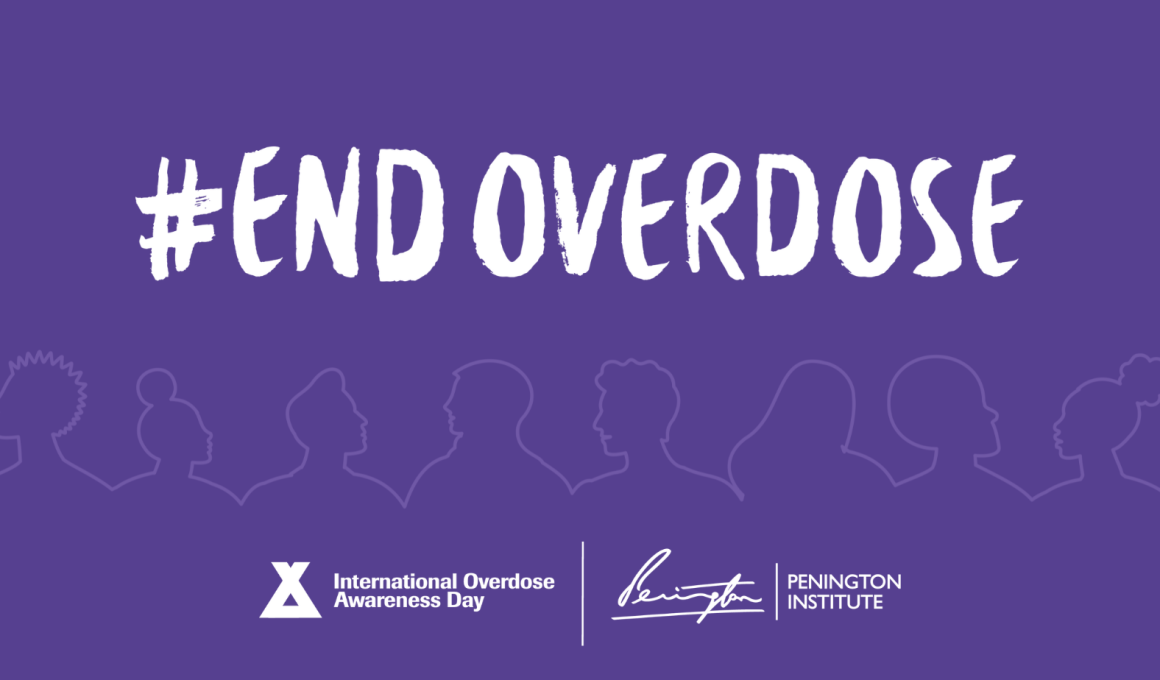This International Overdose Awareness Day I’m finally getting a chance to sit and reflect on the last couple of weeks following the release of the National Records of Scotland publication and the devastating reality that a further 1,172 people died from a preventable drug-related death in 2023; – a toll that is just so utterly horrific when you consider that, since this monitoring began in 1996 when 244 people sadly lost their lives, a shocking total of 17,678 people now feature in those harsh statistics. This number is already creeping higher as we receive news of more people dying every day.
I look at this number on the screen in front of me and I see the faces of people I’ve known, respected, cared for, worked with… and the grieving families and communities left behind. I see the struggles but also the hopes and aspirations people had. Sometimes it makes me really angry; sometimes it’s really upsetting but mostly it gives me the drive to keep going.
There has rightly been an increased focus on drug deaths in the media over the past few years but there was a disappointing tone in much of the coverage this year – one of negativity towards essential harm reduction strategies.
We also saw a toxic and dangerous rhetoric against methadone, a lifesaving and often life-changing medication that we seem intent on stigmatising and demonising.
Over the past few years, there’s also been an obvious narrative where different approaches have been pitted against each other. Most obviously this has been around harm reduction and residential rehab. Harm reduction is at the core of everything we do – an approach that is often questioned despite the undeniable evidence that harm reduction is effective.
It’s unlikely that anyone involved in delivering harm reduction would deny that there is also a need to provide residential rehabilitation for people who decide that they are in a situation where that is the right approach for them. People must be supported and empowered to make their own informed decisions. Surely the only person who can rate their quality of life is the person living that life? We have no right to push people towards abstinence, just as we have no right to push people away from it. This discourse is counterproductive and serves only as a distraction from the really serious issue of stopping people dying.
Blaming any one service, organisation or individual for the drug deaths crisis is also unhelpful. It creates division, hinders collaboration and by focussing on fault rather than finding solutions, opportunities for positive change can be overlooked.
In terms of drugs policy, the direction being taken in Scotland is actually one that is envied by people pushing for change in other countries. A caring, compassionate and human rights informed drug policy for Scotland was a very welcome publication last year, outlining what a progressive, evidence-based drugs policy would look like with public health and the reduction of harm as its underlying principles. But policy intention without action is futile.
We need to expand, accelerate and invest to a much greater extent than we are currently experiencing if we are to truly treat this issue as a public health emergency.

